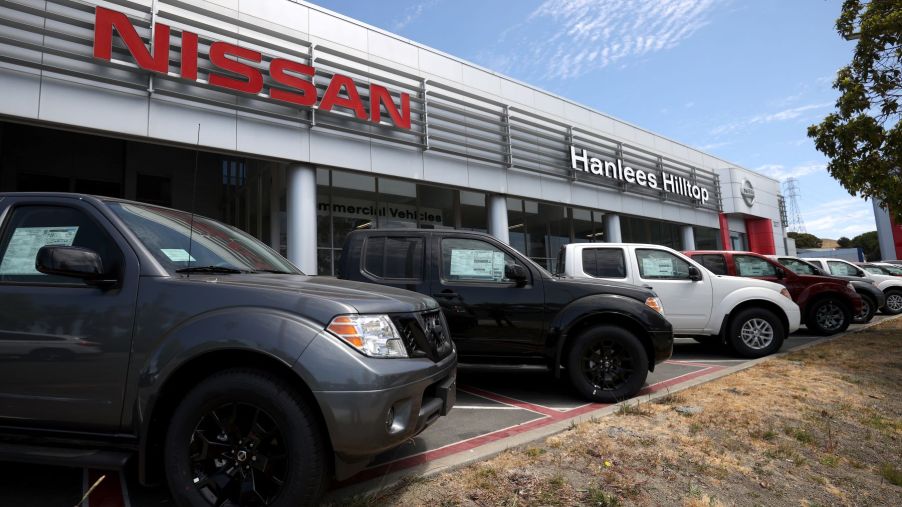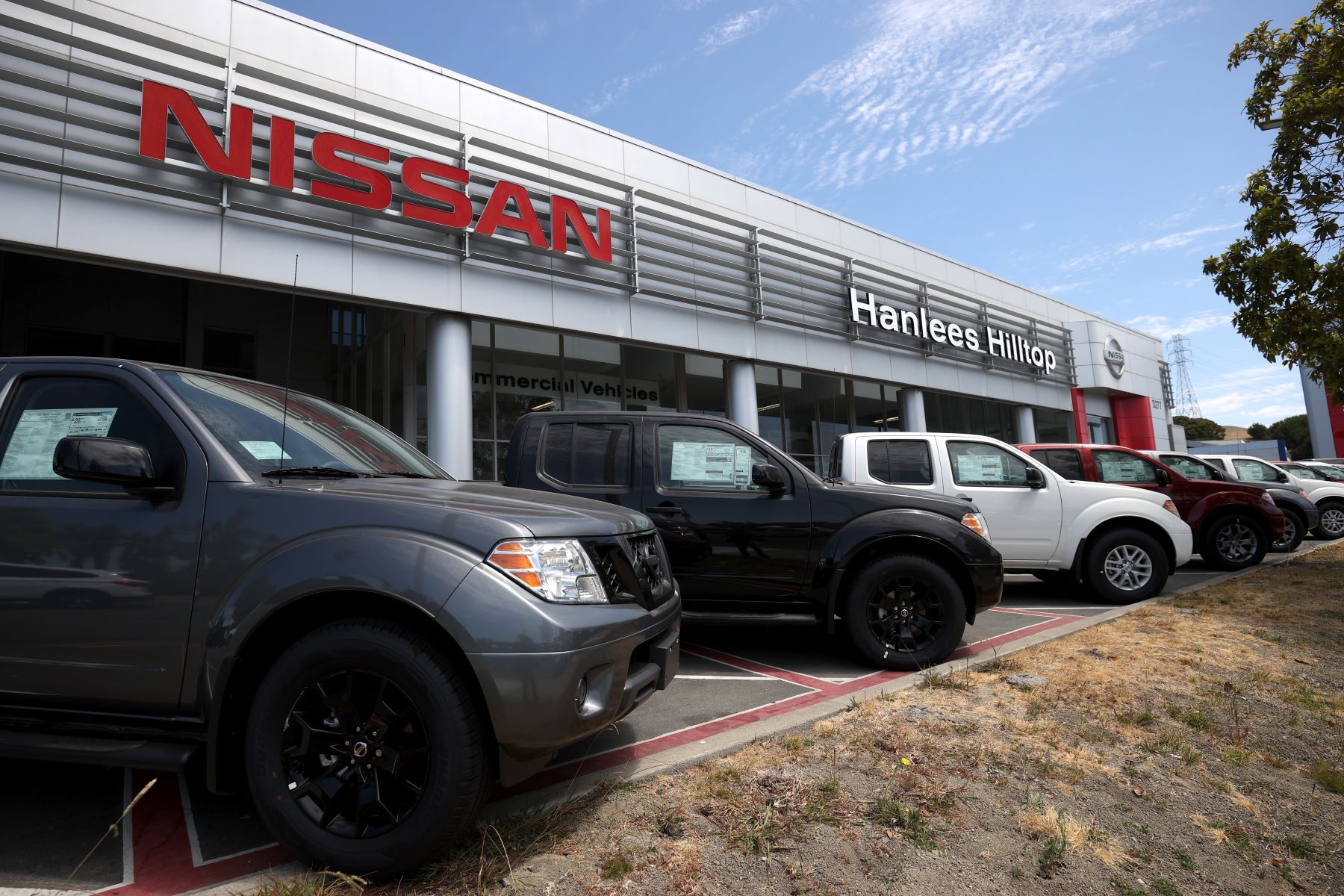
Nissan Calls Chip Shortage ‘New Normal’ Amid Supply Chain Nightmare
The global semiconductor chip shortage continues to have a profound effect on car manufacturers, who are struggling with supply chain issues as they try to meet consumer demand for vehicles. Like many car manufacturers, Nissan has found itself having to cut production of its cars. Thankfully, though, the news hasn’t been entirely bad for the company.
Global semiconductor chip shortage creates automotive supply chain problems

The global shortage of semiconductor chips used in cars has been going on for quite some time. Initially, it resulted from factory shutdowns in China and elsewhere as a result of the coronavirus (COVID-19) pandemic. Given that China is one of the largest producers of semiconductor chips, these shutdowns had a massive effect on car manufacturers’ ability to produce vehicles. Even after many factories reopened, it was difficult to catch up on chip production to the extent needed.
Additionally, things have only gotten worse recently due to the Russian invasion of Ukraine. Ukraine is one of the world’s largest producers of neon, which is necessary for the lasers used in semiconductor chip production. As Ukrainian cities such as Mariupol have been devastated by the Russian invasion, chip producers that rely on those cities’ neon exports have faced even more difficulties in manufacturing their products.
Nissan’s production has dropped
These challenges have resulted in some real struggles for car manufacturers, and Nissan has been no exception. As Reuters recently reported, the world semiconductor chip shortage caused the company’s production to decrease for the last four years. In the most recent year, the company saw an 11% decline from the year prior.
Nissan’s Chief Operating Officer acknowledged this stark reality when he commented, “Semiconductor shortage is a new normal, same as pandemic, and we have to live with it because this is not going to finish tomorrow morning.”
Living with this reality has required car manufacturers such as Nissan to constantly update their planning and forecasting, as unexpected supply chain disruptions upend even the most well-thought-out strategies.
Nissan is profitable for the first time in years
Despite all of these challenges, the news isn’t entirely bleak for Nissan. In fact, Automotive News has reported that the company was recently profitable for the first time in three years since the arrest of its last CEO, Carlos Ghosn, in 2019.
In the fiscal year that ended in March, Nissan posted a profit of just over $2 billion, or a 2.9% operating margin. This represents good progress toward current CEO Makoto Uchida’s goal of a sustainable 5% operating profit margin. Uchida acknowledged the progress that has been made and more that needs to be accomplished when he announced the news on profits: “Finally, we are at the starting line. Now is the time to deliver greater value and grow the company.”
Uchida’s strategy for growing profits has focused on a combination of four tactics: cutting fixed costs, trimming production capacity, launching new products, and improving revenue per vehicle. Thus far, Nissan has implemented this plan by cutting global capacity by 20%, trimming its number of nameplates by 15%, and reducing fixed costs by over $2.8 billion. The campaign will extend to March 2024, at which point it will wrap up.
With the results thus far, it does seem that Nissan’s plan is likely to move the company into a much stronger position in the global automotive market. Competitors such as Toyota and Honda may need to keep an eye on Nissan as they aim to remain on top of the Japanese automotive industry.


